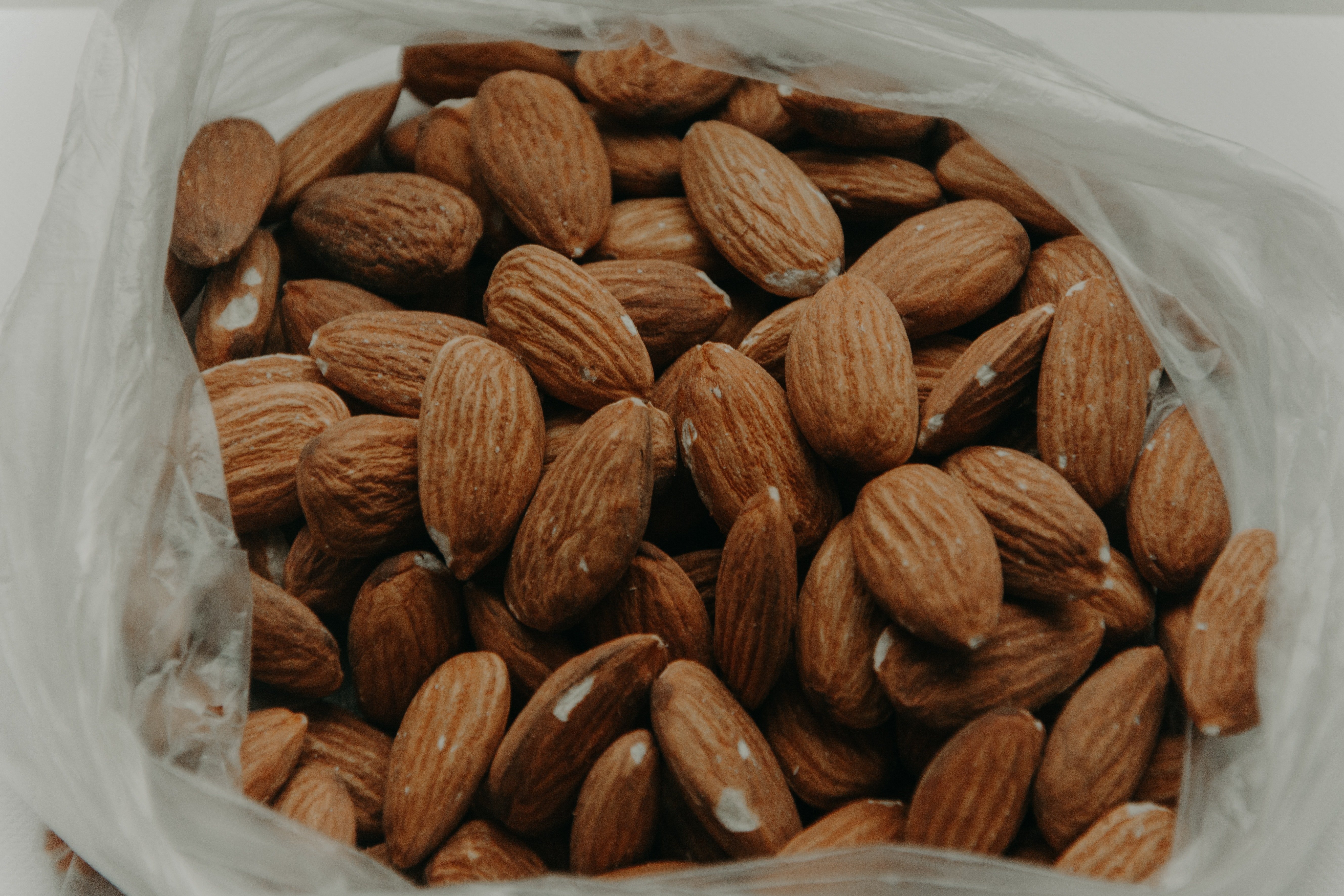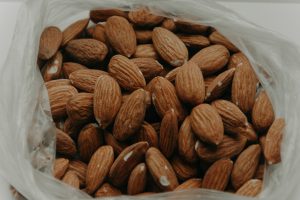
Are nuts making you fat?
Post originally appeared in This
As a high-calorie, fat-rich food, it’s easy to see why weight-conscious individuals may hesitate to snack on nuts. However, closer inspection shows that nuts are not only energy and nutrient-dense powerhouses, but they can also help you control your weight.
Deakin University lecturer and Institute for Physical Activity and Nutrition (IPAN) research dietitian Dr Sze-Yen Tan has spent years looking into the paradox of nuts – that while they’re loaded with fat (walnuts have 69% fat, for instance, and pistachios around 51%), studies show regular nut eaters don’t appear to gain weight and that nuts may help with weight loss if they’re eaten in an energy-controlled diet.
Sorting the fact from the fiction
Dr Tan’s research currently focuses on understanding the effects of nuts on the management and prevention of other health conditions such as cardiovascular disease and inflammation. He is also interested in the potential benefits of nuts in improving the nutrition status and health of older adults.
Dr Tan adds that some research shows nuts can increase the body’s energy expenditure and use of fat as an energy source. ‘The unsaturated fats, vitamins and minerals in nuts are beneficial in the prevention and management of other diseases such as type 2 diabetes, cardiovascular disease, cognitive function, and mental health,’ he says.
Health benefits worth going nuts for

In previous studies, Dr Tan and his US-based colleagues conducted a four-week study, providing almonds for people to eat either with their meals or as standalone snacks. The results? Almonds lowered blood glucose levels and suppressed appetite, but the effect was the biggest when they were eaten alone as snacks.
‘There is no “magic effect” of nuts on maintaining body weight. The protein, fat and fibre content of nuts help regulate our appetite and food intake, but the fats in nuts are not completely digested and absorbed by the body,’ -Dr Sze-Yen Tan, Institute for Physical Activity and Nutrition (IPAN), Deakin University.
In another study, the inclusion of almonds as part of a weight loss diet led to weight loss of 3.6kg over 12 weeks, and an even greater loss of body fat. ‘More importantly, the participants lost the body fat primarily in the abdominal area, which is a known risk factor of metabolic diseases,’ Dr Tan says.
In other previous nut studies, Dr Tan has found that walnuts increased the utilisation of fat as an energy source in the body, which is favourable for weight management. He and his colleagues also found that walnut consumption over 12 months improved insulin release in individuals with type 2 diabetes.
Managing your weight with nuts
Dr Tan has a few suggestions on how you can embrace the health benefits of nuts within your own eating habits:
- Go raw (if you can). Raw or dry-roasted nuts are easiest to consume, and should preferably be unsalted.
- Consider your portion size. Current research shows 30g-40g a day will help regulate body weight and improve metabolic health. ‘I’ve heard seven nuts a day is the magic number, but that’s just not true,’ Dr Tan says.
- Skip the #activated hype – ‘There’s a theory that compounds in the skin of nuts such as almonds cause digestive problems, but there’s no evidence that nut skin causes gastrointestinal discomfort,’ Dr Tan explains. ‘The skin is rich in antioxidants, meaning if we get rid of them we’re throwing away a lot of the good stuff!’
When it comes to which particular type of nut we should be going for, Dr Tan says there is no stand-out preference. ‘All types of nuts share similar nutrient profiles,’ Dr Tan explains.
‘There are some slight differences; for example, walnuts are higher in polyunsaturated fats while all other nuts are relatively rich in monounsaturated fats, and almonds are higher in vitamin E. But all nuts are still beneficial for your health.’